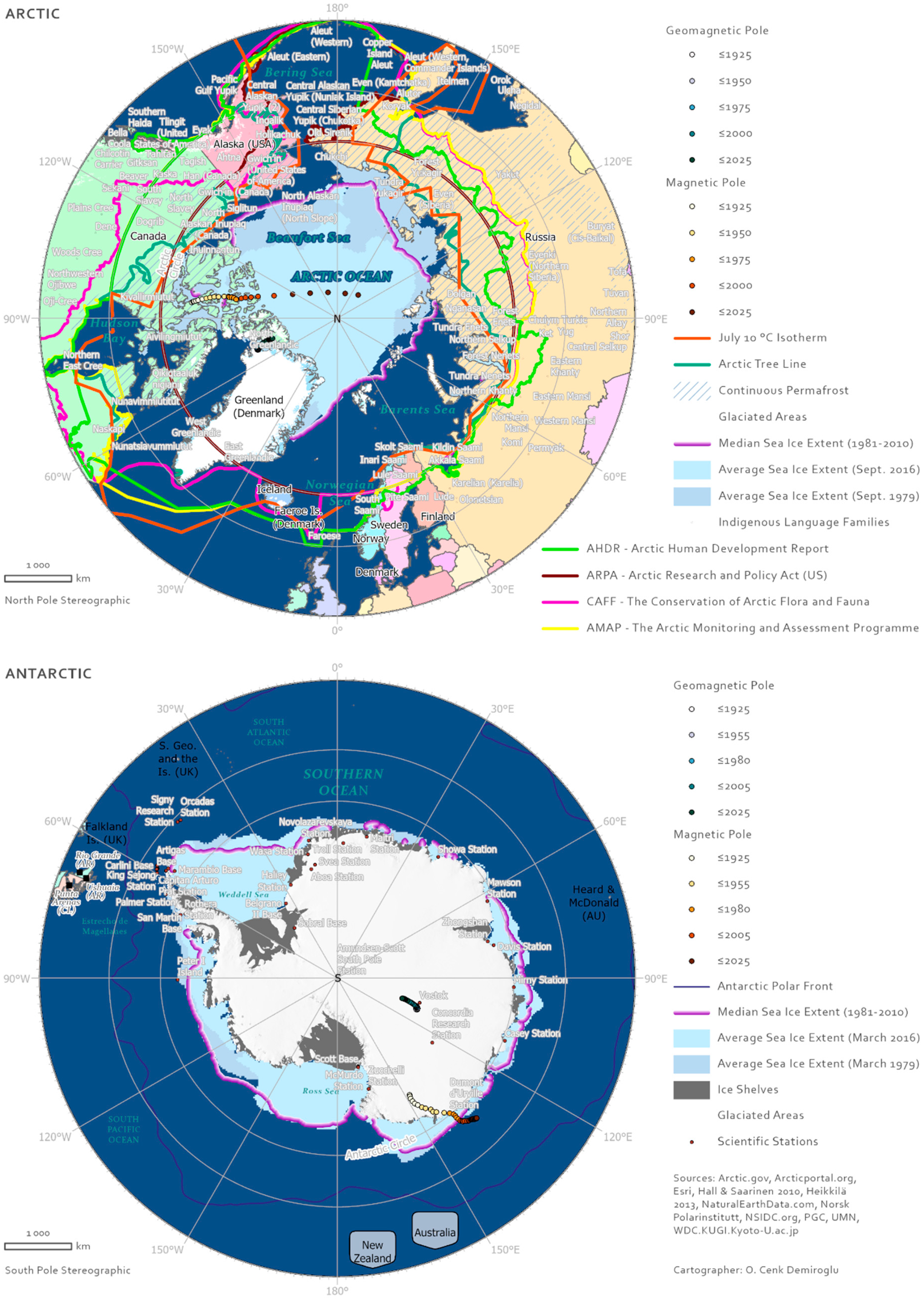Introduction
Polar tourism, also known as Arctic or Antarctic tourism, has gained significant popularity in recent years. The allure of exploring the pristine landscapes, observing unique wildlife, and experiencing the extreme environments of the polar regions has attracted adventurers and nature enthusiasts from around the world. However, as the number of tourists visiting these fragile ecosystems increases, it becomes crucial to address the ethical considerations associated with polar tourism. This blog post aims to explore the various ethical concerns that arise from this form of tourism and shed light on the importance of responsible travel in these vulnerable regions.
Environmental Impact
One of the primary ethical concerns of polar tourism is its potential environmental impact. The fragile ecosystems of the Arctic and Antarctic are highly susceptible to disturbance. Increased tourism can lead to pollution, habitat destruction, and disturbance to wildlife. Tour operators must prioritize sustainable practices to minimize their ecological footprint and preserve these delicate environments for future generations.
Waste Management
Proper waste management is crucial in polar tourism. Tour operators should implement strict policies to ensure that all waste generated by tourists is properly disposed of or removed from the region. This includes recycling, minimizing single-use plastics, and adhering to international guidelines for waste disposal.
Wildlife Disturbance
Responsible tourism in polar regions requires minimizing disturbance to wildlife. Tourists should maintain a safe distance from animals and follow guidelines provided by experienced guides. It is essential to avoid disrupting breeding, feeding, or resting behaviors of wildlife to protect their natural habitats.
Cultural Impact
Polar regions are home to indigenous communities with rich cultural heritage. Ethical considerations in polar tourism extend beyond environmental concerns to include the impact on local cultures and communities.
Respect for Indigenous Communities
When visiting polar regions, tourists should respect the rights and traditions of indigenous communities. It is essential to seek permission before entering their territories and to engage in cultural activities with sensitivity and respect. Supporting local businesses and artisans can also contribute positively to the economic well-being of these communities.
Cultural Preservation
Polar tourism should aim to preserve and celebrate the cultural heritage of indigenous communities. Tour operators should collaborate with local communities to develop tourism experiences that showcase their traditions, art, and history.
Summary
Polar tourism presents a range of ethical considerations that must be carefully examined. One of the primary concerns is the potential impact on the delicate ecosystems and wildlife of the polar regions. Increased human presence can disrupt the natural behavior of animals, disturb breeding grounds, and contribute to pollution. Additionally, the carbon footprint associated with travel to these remote areas raises questions about the environmental sustainability of polar tourism.
Another ethical consideration is the cultural impact on indigenous communities living in the polar regions. Tourism can bring economic benefits to these communities, but it also has the potential to disrupt their traditional way of life and exploit their cultural heritage for commercial gain.
Furthermore, the safety and well-being of tourists themselves must be taken into account. The extreme weather conditions and remote locations of the polar regions pose significant risks, and it is essential for tour operators to prioritize the safety of their clients while ensuring minimal impact on the environment.
In conclusion, polar tourism offers incredible opportunities for exploration and discovery, but it also comes with ethical responsibilities. By promoting sustainable practices, respecting local cultures, and prioritizing the preser find here vation of these fragile ecosystems, we can ensure that polar tourism remains a positive force for both travelers and the polar regions themselves.
- Q: What are the ethical considerations of polar tourism?
- A: The ethical considerations of polar tourism include minimizing environmental impact, respecting local cultures and communities, ensuring the safety and well-being of wildlife, and promoting sustainable practices.
- Q: How can environmental impact be minimized in polar tourism?
- A: Environmental impact can be minimized in polar tourism by following strict guidelines for waste management, limiting the number of visitors, avoiding sensitive areas, and using eco-friendly transportation methods.
- Q: What is the importance of respecting local cultures and communities in polar tourism?
- A: Respecting local cultures and communities in polar tourism is crucial to preserve their way of life, traditions, and heritage. It involves seeking permission before visiting certain areas, learning about local customs, and supporting local businesses.
- Q: How can the safety and well-being of wildlife be ensured in polar tourism?
- A: The safety and well-being of wildlife can be ensured in polar tourism by maintaining a safe distance, not disturbing their natural behavior, and adhering to regulations regarding wildlife interactions. It is important to prioritize the protection of their habitats and breeding grounds.
- Q: What is the significance of promoting sustainable practices in polar tourism?
- A: Promoting sustainable practices in polar tourism is essential for the long-term preservation of these fragile ecosystems. This includes supporting renewable energy sources, minimizing carbon emissions, and engaging in responsible tourism activities that do not harm the environment.

Welcome to my website! My name is Hayden Statton, and I am thrilled to share my passion for outdoor adventures, cultural festivals, and the exploration of heritage sites with you. As a professional outdoor gear sales representative, I have dedicated my career to helping individuals like you embark on unforgettable journeys and create lasting memories.

